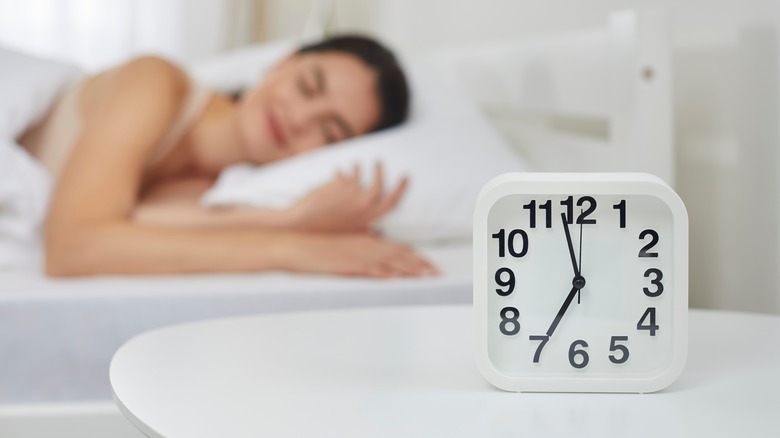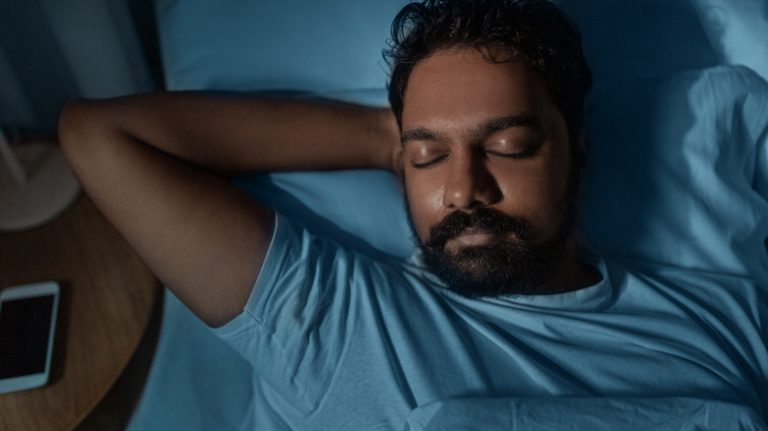When a medical professional measures your blood pressure, that’s just a single reading that can vary throughout your day. Your nervousness about being in the doctor’s office could see your blood pressure rise a little bit, but you could see a drop in your blood pressure during your evening wind-down ritual. Regardless of stressful events or relaxation rituals, your body’s natural rhythm, called the circadian rhythm, can also influence your blood pressure. You might notice, for instance, that your blood pressure is higher in the morning but lower in the evening.
People with high blood pressure are often told to take their medication in the morning because of this peak early in the day. Although most heart attacks occur during morning hours, a 2024 study in Circulation Research says that treating high blood pressure needs to consider the pattern of blood pressure in the evening. In particular, when your sleep schedule isn’t in sync with your internal body clock, you could experience more complications from high blood pressure.
Your circadian timing and daily rhythms

You have an internal clock in your brain that controls the actions of your organs, tissues, and cells. Some of the genes within your cells work with this internal clock, acting as hands to transmit specific functions and provide feedback to the central clock. This circadian rhythm is about 24 hours, which is convenient given that each day has 24 hours.
You also have your own behavioral rhythms, such as what time you go to bed at night and wake up each morning. The daylight hours help to keep this rhythm in sync during the day. What time you eat and how active you are during the day will also impact this daily rhythm. That’s why late-night eating isn’t such a great idea.
Your blood pressure also responds to your daily rhythms. Healthy people will see their blood pressure dip from 10% to 20% in the evening. People with hypertension will also see a similar dip, but up to one-third of them might be non-dippers or reverse dippers. This means that the heart rate doesn’t drop at night, or it increases at night.
When daily rhythms aren’t in sync with circadian rhythms
Problems with your blood pressure could occur when your circadian rhythm and daily rhythms are out of sync. That’s why people who work nights need to balance their circadian rhythms so they can reduce their risk of high blood pressure. Shift workers are also more likely to be non-dippers or reverse dippers. This has led to a need to monitor blood pressure at night so that people can determine how their blood pressure fluctuates.
A higher systolic blood pressure at night is linked to cerebral microbleeds in people with high blood pressure. The abnormal fluctuation in nocturnal blood pressure, combined with heart failure, is associated with greater cognitive decline. Nighttime blood pressure is also more predictive of cardiovascular mortality.
High blood pressure is also linked to declines in memory and cognition. Even if you don’t have high blood pressure, this irregular pattern of blood pressure can affect your brain health and possibly increase your risk for neurodegenerative diseases such as Alzheimer’s or Parkinson’s disease.

